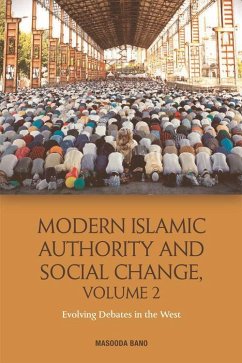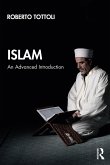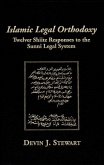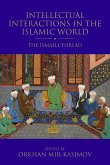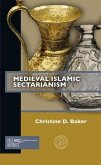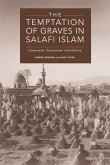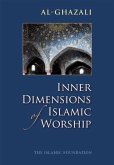A comparative analysis of key Islamic authority platforms and their debates At the turn of the twenty-first century, scholarship and policy debate on Islam and Muslim societies has come to focus primarily on Islam's ability to make young Muslims gravitate towards anti-modernity movements. Many attribute Islamic militancy, as well as the general socio-economic and political stagnation experienced in some Muslim societies, to Islamic theological or legal dictates. Yet Islamic scholarly tradition is highly pluralistic, and today's leading Islamic authority structures are developing competing conceptual and methodological approaches which vary greatly in their ability to engage with societal change. This volume covers the new Islamic authority centres emerging in the West. It makes a major contribution to refining our understanding of the plurality of Islamic tradition in contemporary times, helping to counter the dominant narrative of an inevitable clash of civilisations. It presents evidence of great creative energy within many Islamic scholarly platforms (old as well as new) - an energy which aims to provide dynamic answers to modern-day challenges from within the Islamic legal and theological tradition. Key Features - Maps the new Islamic authority platforms emerging in the West and their relationship with older centres of learning in a three-fold typology: Neo-Traditionalists; Neo-Legalists; and Neo-Conservatives. - Presents case studies of six new Islamic scholarly platforms in the West that are proving particularly effective in attracting young Muslims: Zaytuna College; the Neo-Traditionalism of Tim Winter; the International Institute of Islamic Thought; Tariq Ramadan and the Center for Islamic Legislation and Ethics; Yasir Qadhi and 'Reasonable Salafism'; New Deobandi Institutions in the West Masooda Bano is Associate Professor in the Oxford Department of International Development, and Senior Golding Fellow, Brasenose College, University of Oxford. She is author of The Rational Believer: Choices and Decisions in the Madrasas of Pakistan (2012) and Female Islamic Education Movements: The Re-Democratisation of Islamic Knowledge (2017), and co-editor of Women, Leadership and Mosques: Changes in Contemporary Islamic Authority (2012) and Shaping Global Islamic Discourses: The Role of al-Azhar, al-Medina, and al-Mustafa (Edinburgh University Press, 2015). Cover image: Muslims pray to celebrate the end of Ramadan in Turin, Italy (c) Shutterstock.com Cover design: [EUP logo] edinburghuniversitypress.com ISBN 978-1-4744-3326-6 [PPC] ISBN 978-1-4744-3327-3 [cover] Barcode
Hinweis: Dieser Artikel kann nur an eine deutsche Lieferadresse ausgeliefert werden.
Hinweis: Dieser Artikel kann nur an eine deutsche Lieferadresse ausgeliefert werden.
